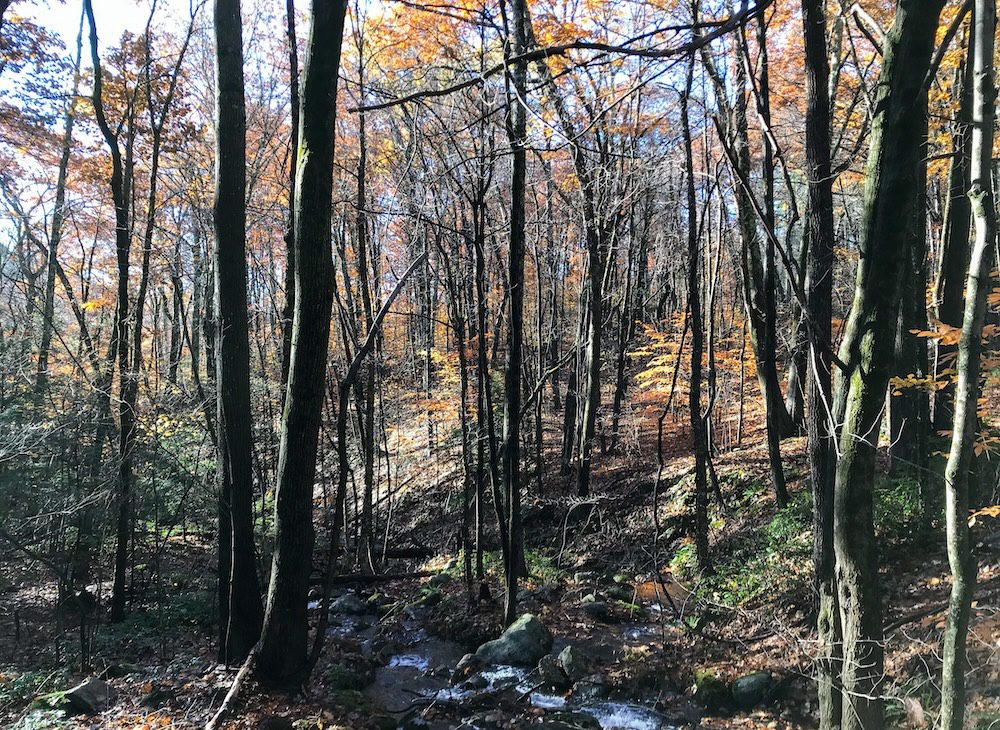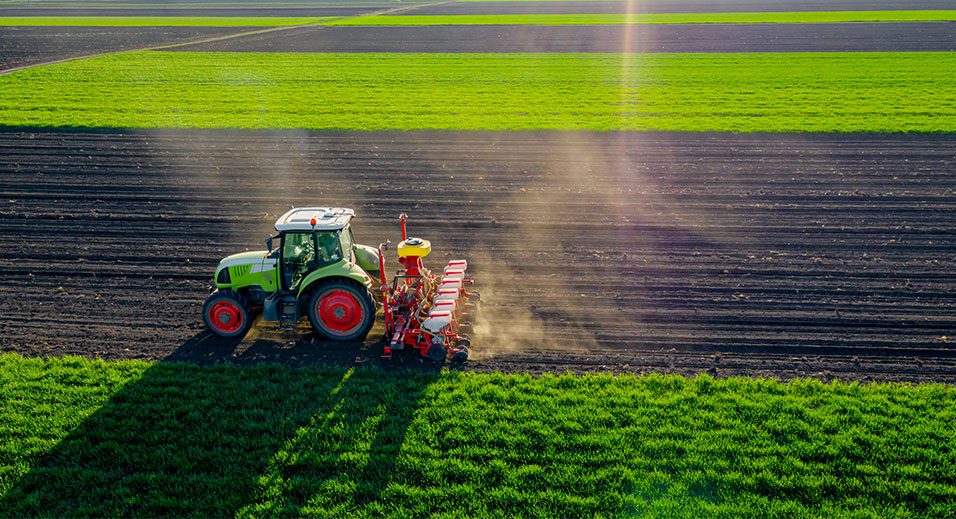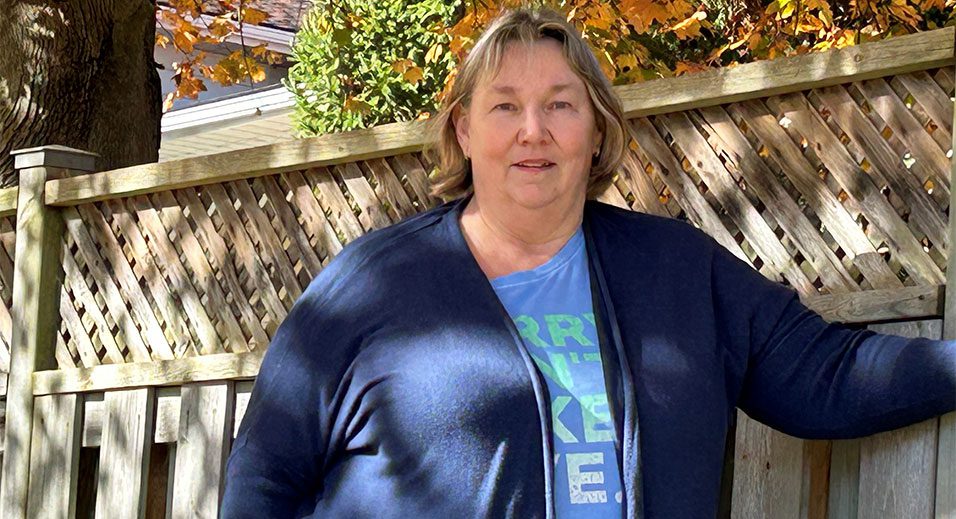Two forestry projects are among the environmental projects Maple Leaf Foods supports to neutralize our unavoidable emissions. Forests play a vital role in absorbing carbon dioxide from the atmosphere through the natural biological process called photosynthesis. Forests also provide habitat for wildlife, supporting biodiversity of countless animal, plant and insect species. Forestry projects have other co-benefits as they can also enhance the health and well-being of local communities and provide economic opportunities.
Forestry projects we support
The Darkwoods Forest Carbon Project, which is a special initiative of the Nature Conservancy of Canada (NCC) receives support from Maple Leaf Foods. Located near Creston, British Columbia, the Darkwoods project includes 135,400 acres of unique land features and species. The land supports several bio-diversity, environmental, and forestry management projects, including re-forestry. Darkwoods’ forests store an enormous amount of carbon that enables this high-quality carbon project and raises important funds for the NCC’s conservation work. 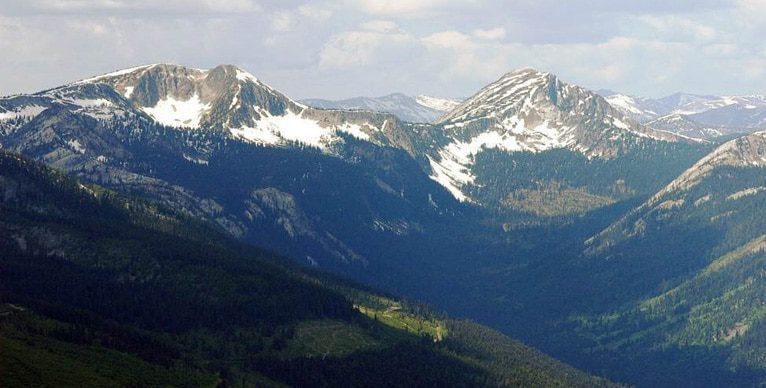
Verified Carbon Standard certifies the Darkwoods Forest Carbon project.
The Massachusetts Tri-City Forestry Program also receives Maple Leaf Foods support. Three cities in central Massachusetts – Holyoke, Westfield and West Springfield – have launched a joint “Improved Forest Management” project on 17,000 acres of public forestland.
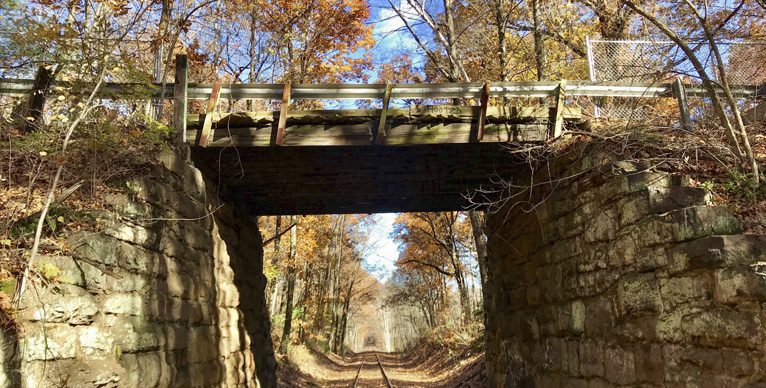
The Tri-City Forestry program stands to make more than $2 million USD for the three cities over the next 10 years. Money goes towards conservation, eliminating illegal dumping, and improving the ability of wildlife to migrate across the properties. It also allows communities to obtain revenue from forest lands without logging.
American Carbon Registry certifies the Massachusetts Tri-City Forestry Program.
We also support projects in renewable energy, landfill and biomass, and waste and composting.
